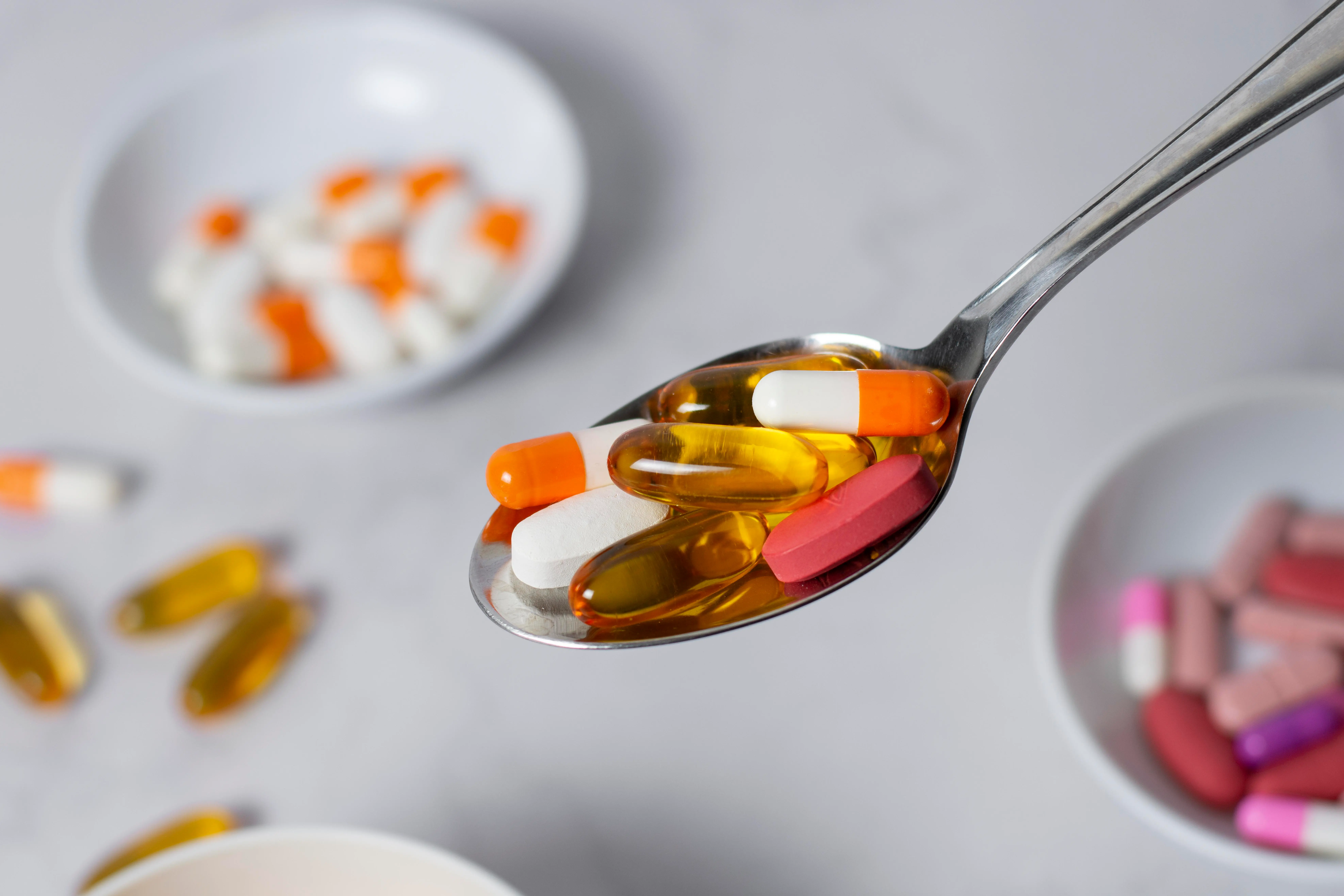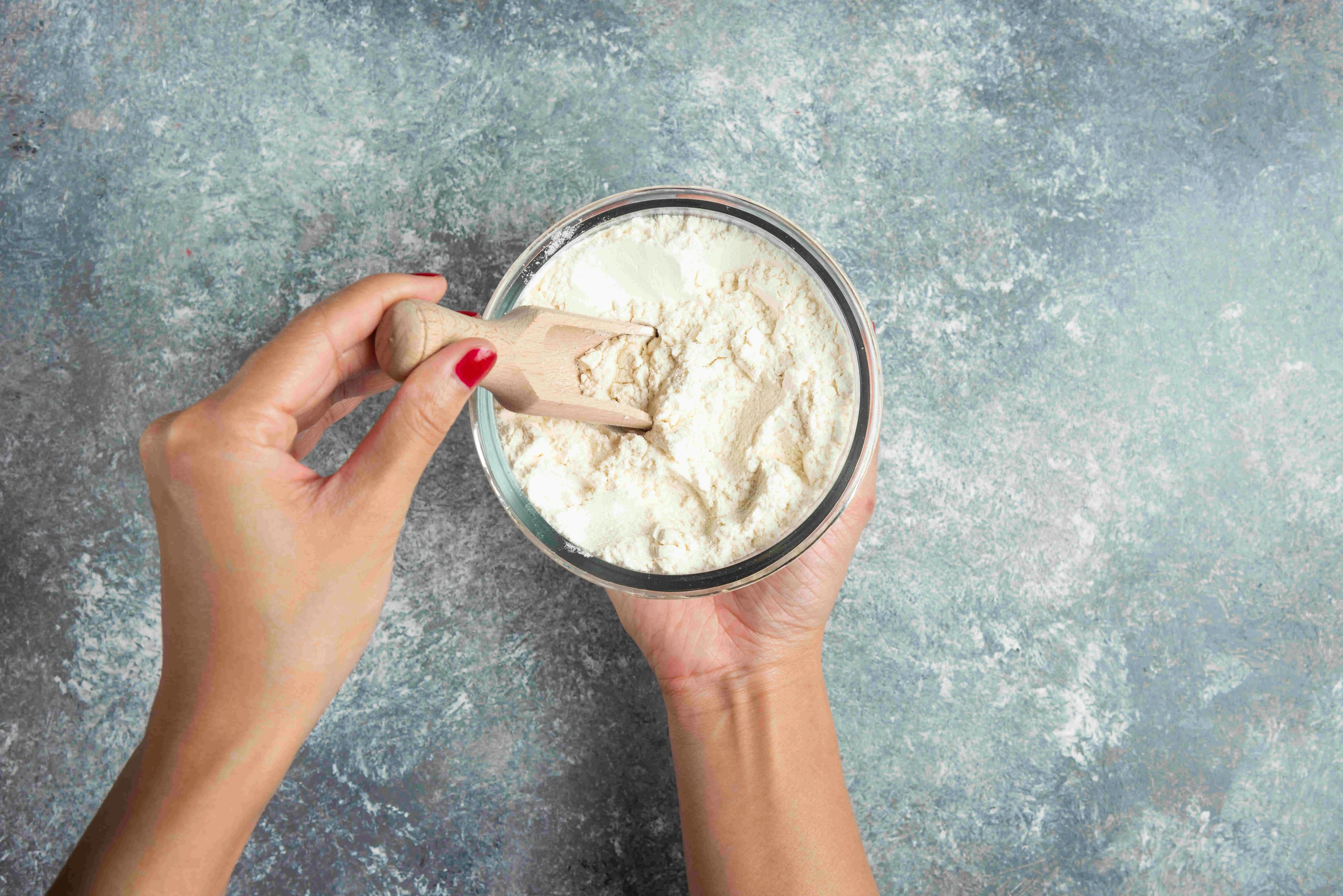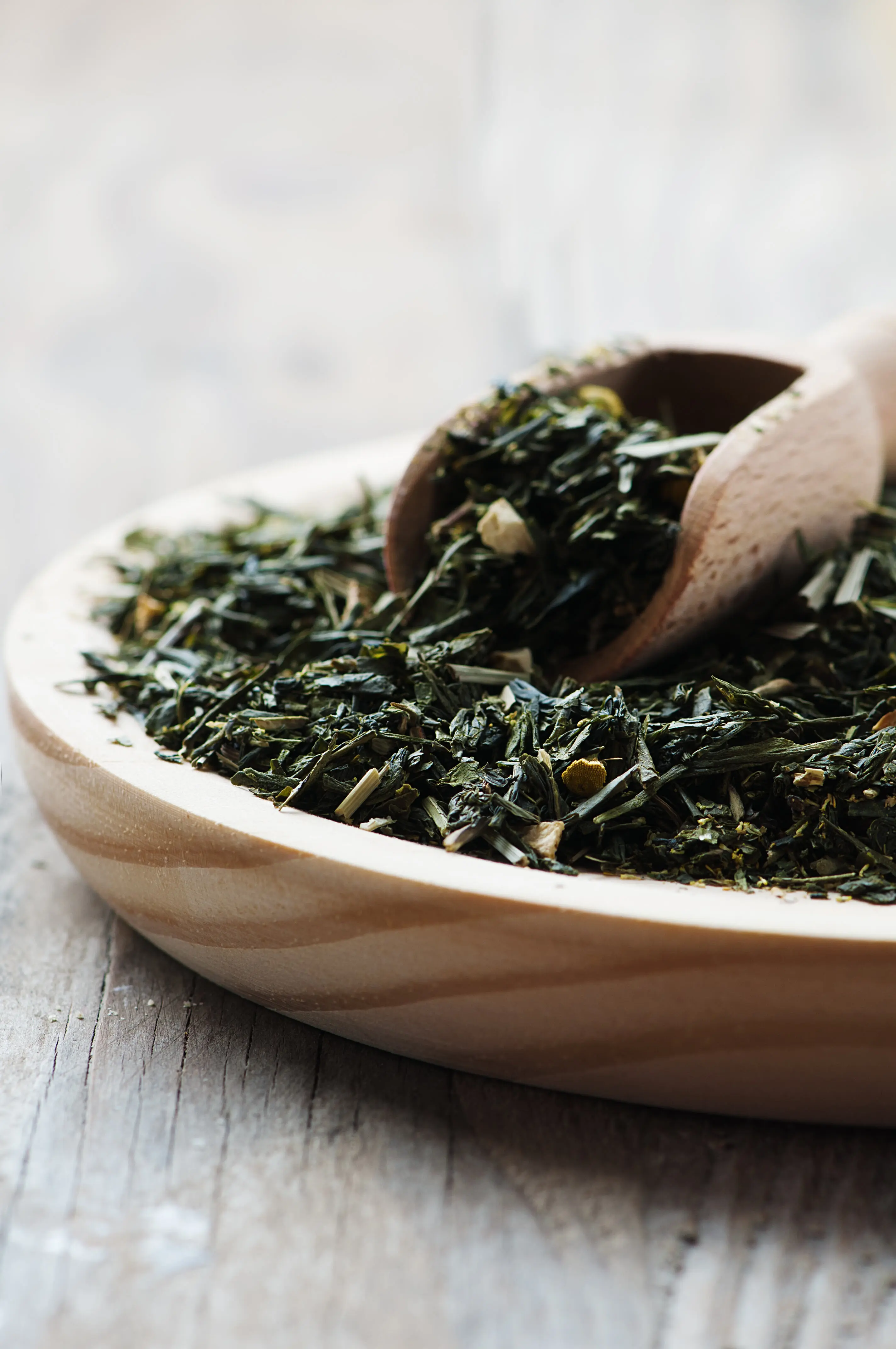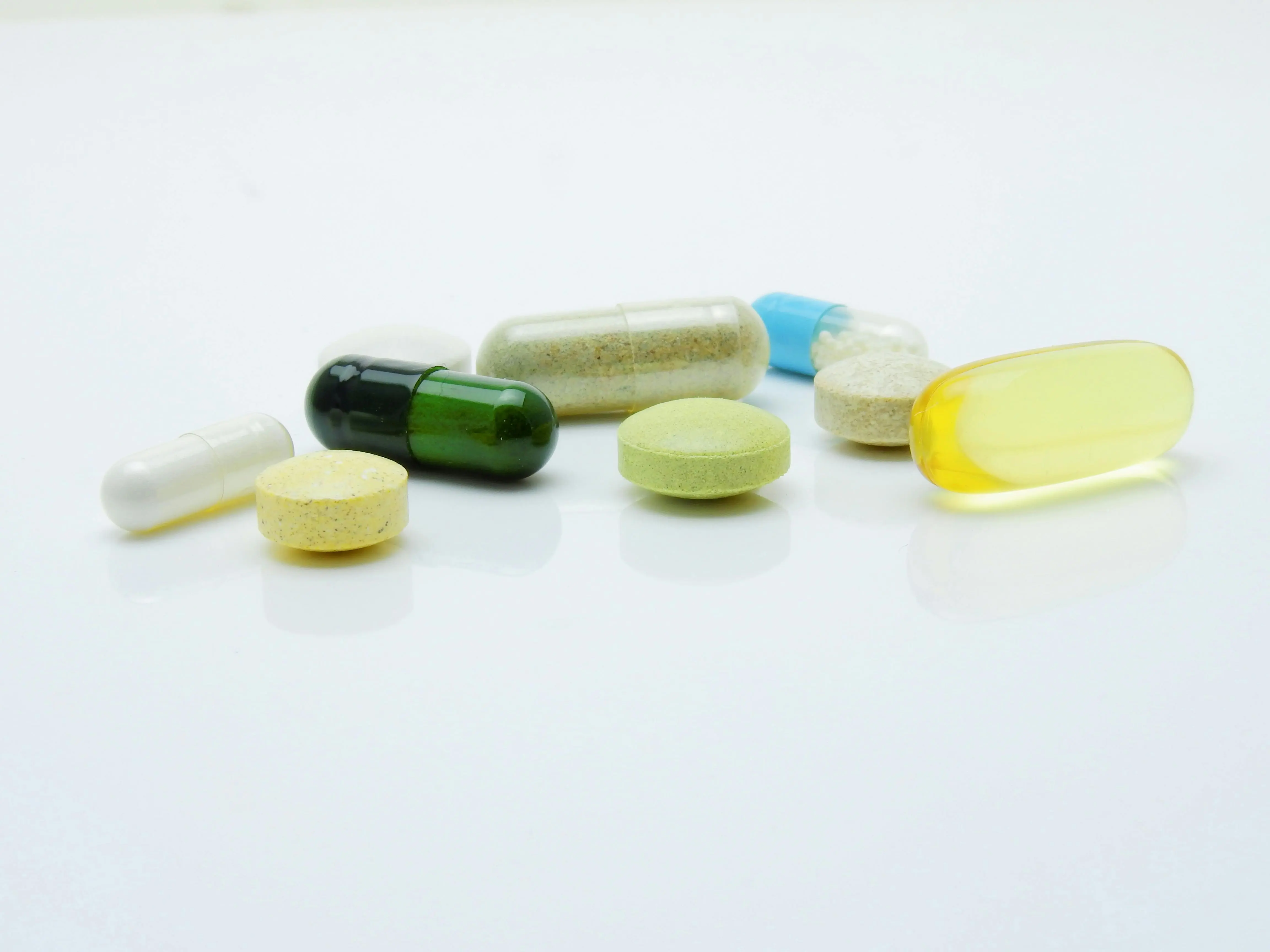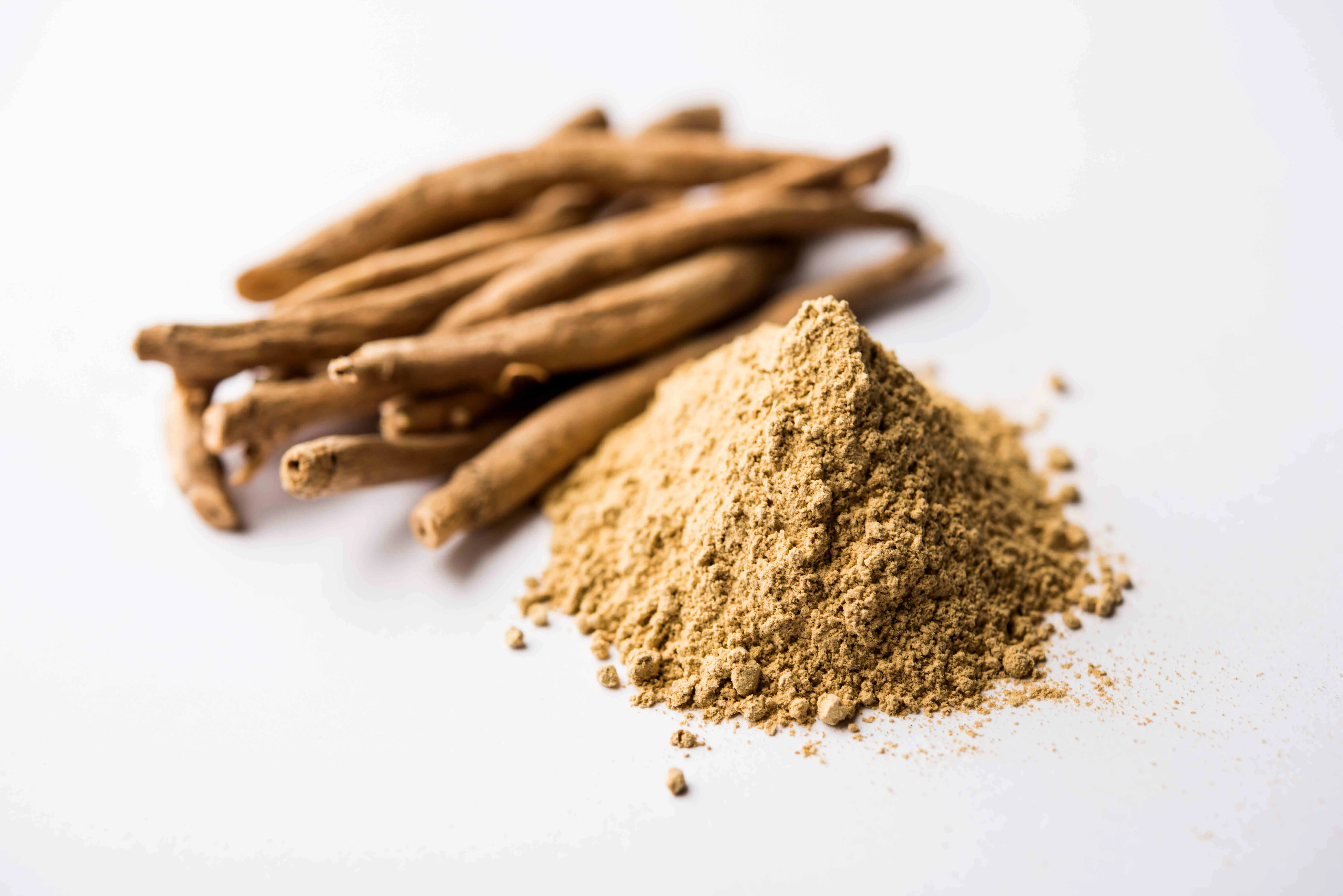Faster, stronger, fitter - the list of products that aim to help athletes and those who want to become one to reach unexpected fitness is long. Whether powder, capsule, or bar - supplements for athletes are a huge business: the global market for pre-workout supplements was estimated at 19.9 billion USD in 2023. By 2032, it is expected to reach 29.77 billion USD.
Those who train regularly know: success depends not only on discipline and technique - the right nutrition and targeted supplementation also play a crucial role. However, the effectiveness of the various fitness boosters is not always supported by solid studies. A significant motivator for buying the supplements is certainly the simple principle: sport is strenuous, swallowing a tablet is easy.
So what can really provide an advantage in training? In 2018, the International Olympic Committee (IOC) published a scientific statement on supplements in sports. It emphasized that most supplements have little to no impact on performance - with five clearly proven exceptions. These High Five, when used correctly, can actually improve athletic performance:
Performance booster caffeine
Caffeine is one of the most well-researched and effective legal stimulants. It helps billions of people wake up in the morning but is also a widely used sports supplement. It primarily works through the central nervous system by reducing fatigue, increasing alertness, and lowering the perception of effort. It boosts fat burning and improves muscle contractions.
Effect: Improvement in endurance, reaction time, and concentration.
Application: Approximately 3-6 mg of caffeine per kilogram of body weight, 30-60 minutes before the competition.
Caution: Excessive doses can cause nervousness, sleep problems, or stomach discomfort.
Powerhouse Creatine
The most commonly used and effective supplement for muscle building is creatine, which is derived from amino acids. It works by supporting the rapid replenishment of ATP (adenosine triphosphate), which helps perform high-intensity efforts lasting a few seconds. Creatine is particularly effective in sports with short, intense exertions (e.g., sprinting, swimming, weightlifting). It supports the rapid provision of energy in the muscles.
Effect: More muscle strength and volume, support of muscle growth, improved sprint performance, and faster regeneration.
3-5 grams daily over several weeks.
